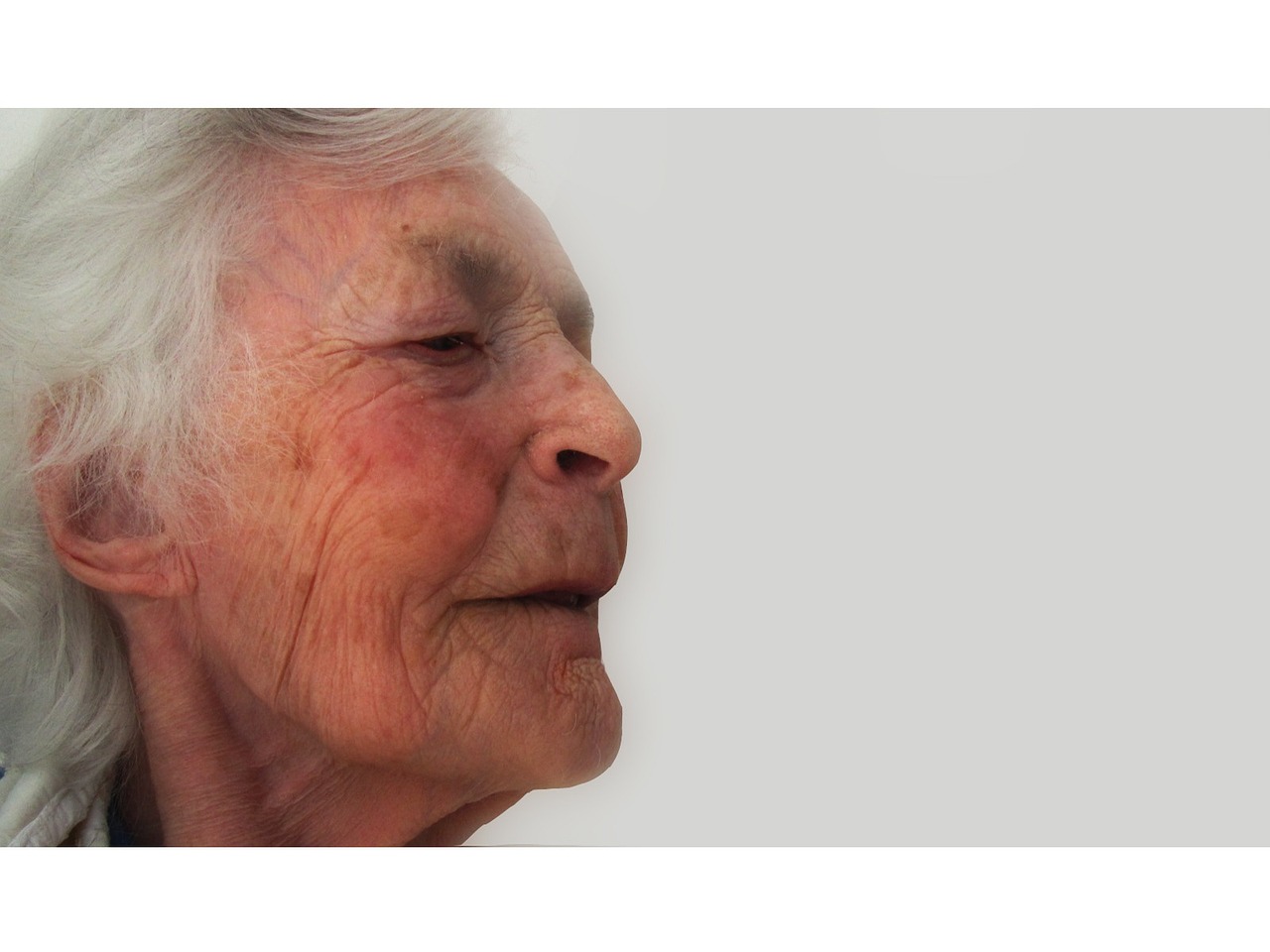Dementia is a debilitating condition that can cause a wide range of symptoms in those suffering from the disease. While most associate dementia and similar conditions like Alzheimer’s with memory loss solely, trouble controlling emotions and general confusion can also cause your relationship with a loved one suffering from dementia to deteriorate. Whatever the case may be, it can be extremely challenging to continue interacting with and loving someone when their emotional condition is causing such extreme changes in behavior. Today, we hope to give you a greater understanding of how dementia affects the thought process and mental capability of your loved one.

Potential Shifts In Behavior and Mood From Dementia
Every instance of dementia is unique. Dementia itself is not a specific disease or diagnosis; it is a general term used to describe the condition of a patient who can no longer think, behave, remember, or live life with a clear and focused mind. Most people who have dementia will fall into two categories – those who are prone to anger and temper and those who retreat inward.
Dementia patients who can not handle the emotional roller coaster and fly off the handle shouldn’t be looked down upon or shamed, even if some of their actions and words are harmful. Without proper mental functions, the parts of the brain that help regulate emotions and agitation are likely not firing on all cylinders. In younger healthy individuals, the brain takes in new information, some of which might be scary or hurtful, and decides what to do based on previous life experiences, knowledge, societal norms, and relationship status with the people involved. However, dementia patients who receive bad news or face an impediment in their life often are not capable of considering the consequences of their actions or how their reactions can hurt others. It is also possible that anger can arise when someone with dementia cannot remember details about their life or daily routine. It can be a frustrating experience for those in the early stages of dementia as they come to terms with their new limitations. Often, dementia patients are aware of their symptoms and issues with memory loss, so failing to remember events can be stressful and embarrassing. In patients whose condition has worsened, anger likely stems solely from reactions to bad news or inconveniences.
Dementia patients are also prone to retreating from the outside world and disengaging from loved ones. As previously stated, many people with dementia are somewhat aware of their condition, which can be hard to come to terms with. Imagine if you tried as hard as you could to remember small details about your day, but the information always seemed to escape you. Apathy towards daily life and those around them is a common theme among dementia patients. While it might seem better than a loved one lashing out in anger or screaming at the top of their lungs, seeing someone you knew for your entire life become a shell of their former self is not always a happy alternative.
Helping Loved Ones In A Compassionate Way
Because of their lack of reasoning and memory capabilities, caring for a loved one with dementia can be a grueling process. If they fail to take care of themselves, such as neglecting to go to the bathroom or keep themselves hydrating, they may lash out at you when you try to help instead of realizing the harm they are doing to themselves. Caretaking can become a stressful full-time job and is certainly not for everyone.
If you are considering memory care for your senior loved one, call today for an appointment and private tour. The expert caregivers at A Banyan Residence are devoted to helping those suffering from dementia and other memory loss conditions.
